AI in Precision Agriculture
Muhammad Yamin, Muhammad Nadeem, Muhammad Azhar Ali
Faculty of Agricultural Engineering & Technology, University of Agriculture, Faisalabad, Pakistan
One of the most revolutionary advancements in recent times is the integration of Artificial Intelligence (AI) into precision agriculture. This synergy between AI and farming holds the potential to revolutionize the industry, optimizing resource use, enhancing productivity, and paving the way for a more sustainable future. Precision agriculture, a modern approach to farming, leverages technology to analyze and optimize various aspects of crop production. AI, with its ability to analyze vast datasets and draw insights, emerges as a key player in this agricultural transformation. A study by PricewaterhouseCoopers (PwC) estimates that global GDP may increase by up to 14 % (the equivalent of US$15.7 trillion) by 2030 as a result of the accelerated development and take-up of AI.
Data-Driven Decision-Making
At the core of AI’s impact on precision agriculture lies its capacity for data-driven decision-making. AI algorithms analyze diverse sets of data, including weather patterns, soil health, and crop conditions, providing farmers with invaluable insights. This enables informed decisions on irrigation, fertilization, and pest control, ultimately maximizing yield and minimizing resource waste.
Predictive Analytics for Crop Management
AI’s predictive analytics capabilities empower farmers to anticipate and manage crop-related challenges. By analyzing historical data and current conditions, AI models can predict potential pest infestations, diseases, and even yield fluctuations. This foresight enables proactive measures, reducing the reliance on reactive and often resource-intensive interventions.
Autonomous Machinery and Robotics
AI-driven autonomous machinery is reshaping the landscape of agricultural operations. Smart tractors equipped with AI can autonomously navigate fields, planting crops with precision and adjusting operations based on real-time data. Drones equipped with AI-powered cameras monitor crop health, identifying areas that require attention. This not only enhances efficiency but also reduces the need for manual labor.
Weed and Pest Management
AI plays a pivotal role in weed and pest management. Computer vision, a subset of AI, allows cameras to identify and differentiate between crops and weeds. AI algorithms then guide precision herbicide application, minimizing the use of chemicals and reducing environmental impact which has increased making a share of 80% of global water pollution (Worldbank). Similarly, AI can detect pest infestations early, enabling targeted interventions and preventing widespread crop damage.
Resource Optimization
AI contributes significantly to resource optimization, a critical aspect of sustainable agriculture. By analyzing data on soil composition and moisture levels, AI-driven irrigation systems ensure that crops receive the precise amount of water they need. This not only conserves water but also minimizes energy consumption associated with unnecessary irrigation. Global Engineering and Research (GEAR) Lab at MIT is leading the charge in sustainable agriculture with the development of low-cost, efficient drip irrigation systems. These innovative systems slash water consumption by 20 to 60% compared to traditional methods, delivering water and nutrients directly to plant roots for optimal growth. This not only conserves precious water resources but also minimizes waste. Key features include a low-pressure drip emitter that cuts pumping energy by over 50%, and a precision irrigation AI controller that further reduces water use by over 40%, demonstrating GEAR Lab’s commitment to environmental responsibility. Further, in a study, precise application of fertilizer provided an economic return of US$12.2 billion (Hannah Ritchie).
Crop Quality and yield Improvement
The quality of crops is paramount, and AI aids in achieving optimal crop quality. Machine learning algorithms analyze factors such as temperature, humidity, and nutrient levels to determine the ideal conditions for specific crops. This information guides farmers in creating environments that foster optimal growth, resulting in higher-quality produce. A study published in Animal Production Science reveals that precision agriculture could lead to an average 15% increase in farm profitability for small and medium-sized farms.
Challenges and Ethical Considerations
While the integration of AI in precision agriculture brings forth numerous benefits, it is not without challenges. Issues such as data privacy, algorithm bias, and the digital divide must be addressed to ensure equitable access to AI-driven technologies. Striking a balance between technological innovation and ethical considerations remains a crucial aspect of the evolving agricultural landscape.
Conclusion
As we stand at the intersection of AI and precision agriculture, the potential for transformative change is undeniable. AI’s ability to process vast amounts of data, make predictions, and optimize operations holds the promise of a more sustainable, efficient, and productive future for farming. The ongoing collaboration between agriculture and artificial intelligence not only reshapes the way we farm but also underscores the industry’s commitment to meeting the challenges of a growing global population and a changing climate. The fields of the future are not just sown with seeds but cultivated with the intelligence of AI, ensuring a bountiful and sustainable harvest for generations to come.

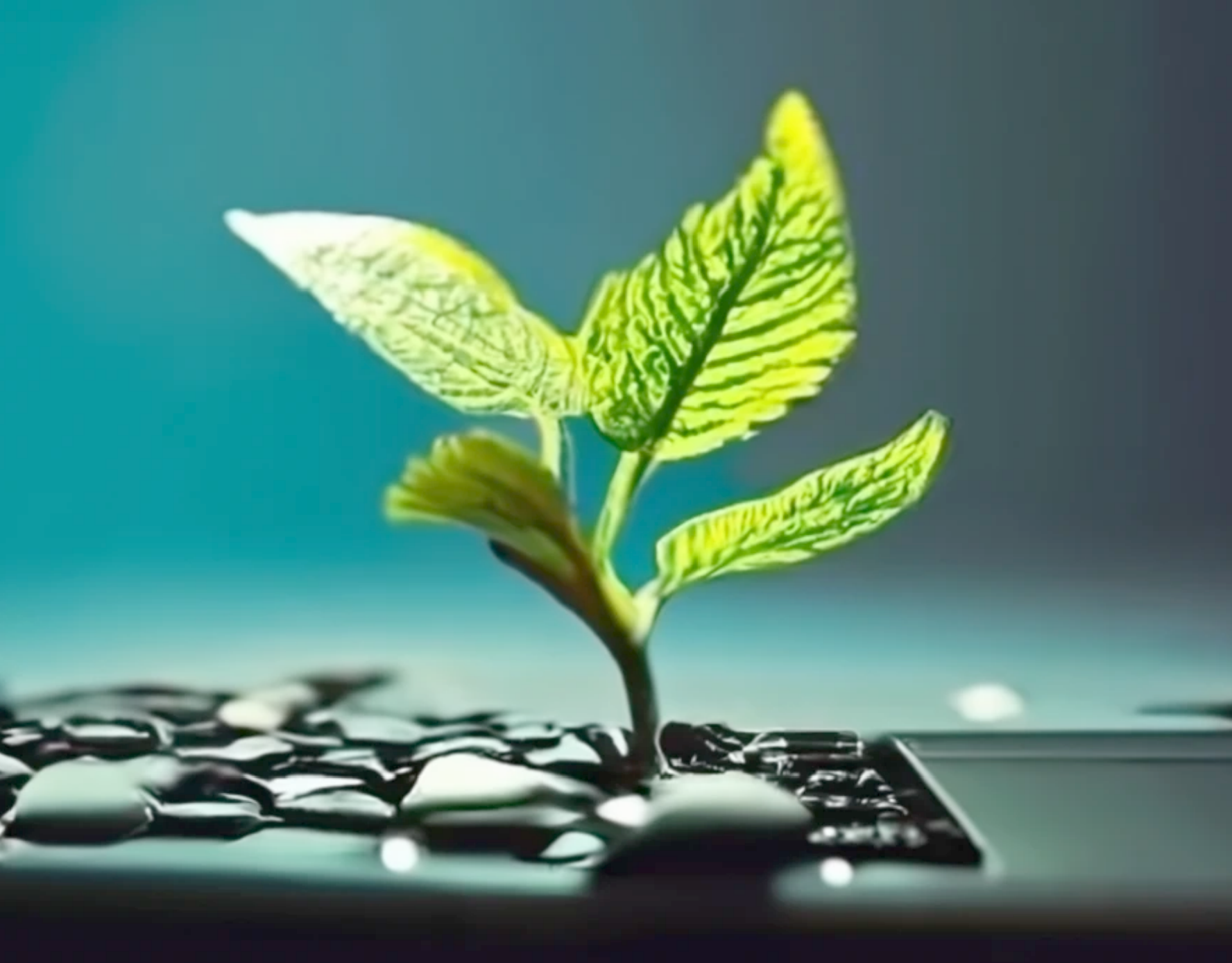
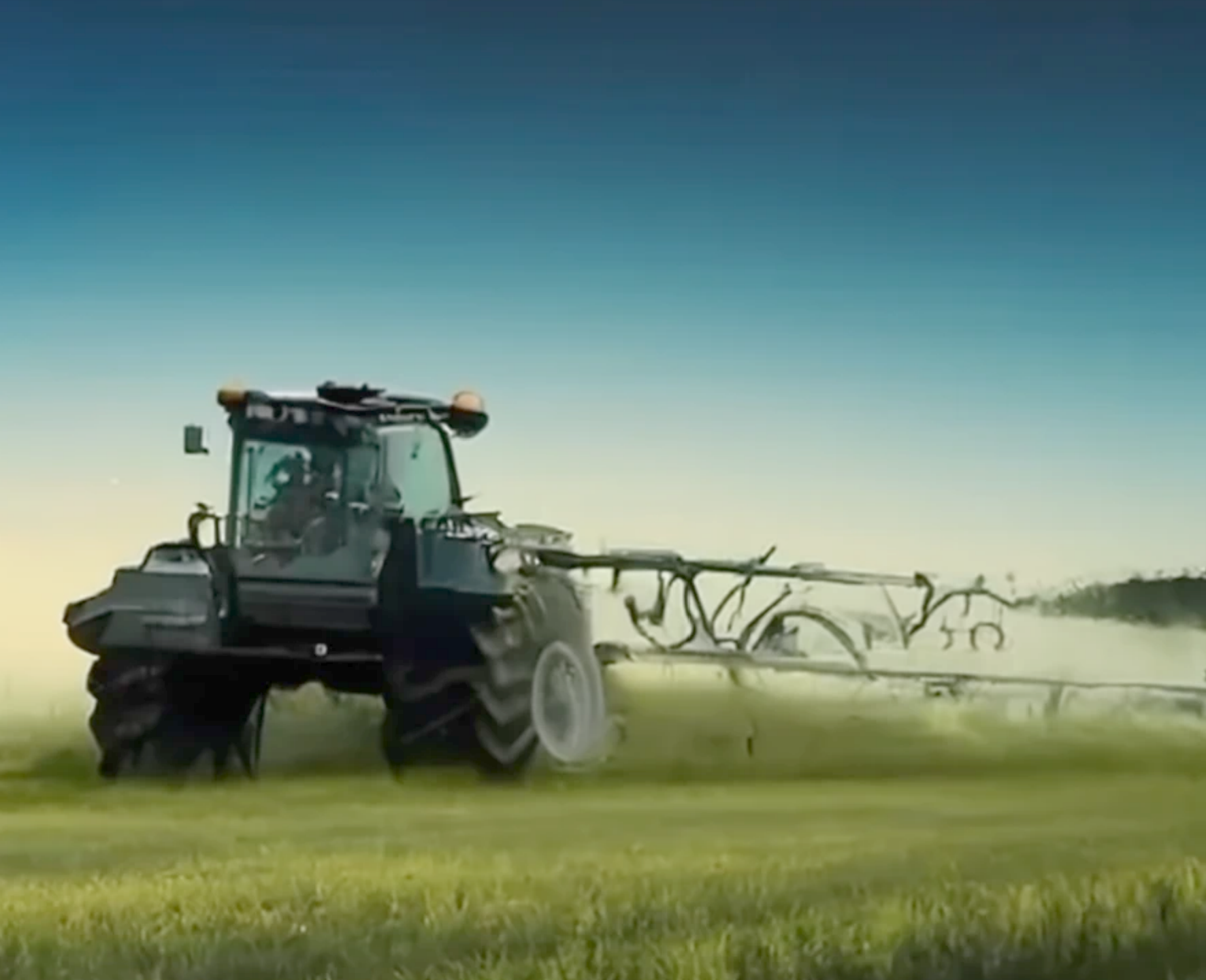
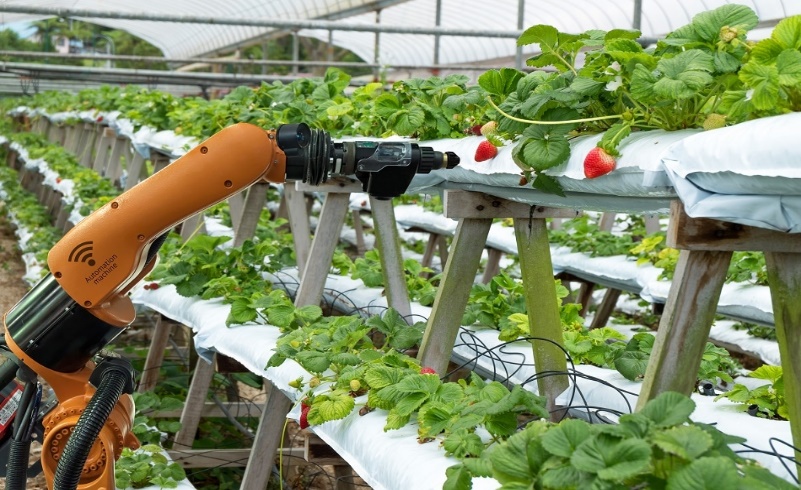
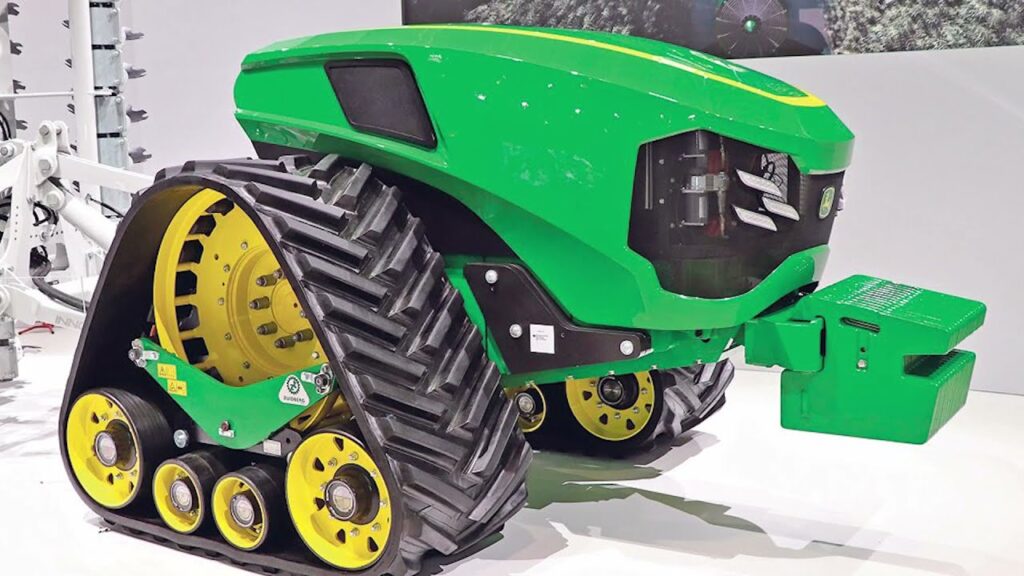
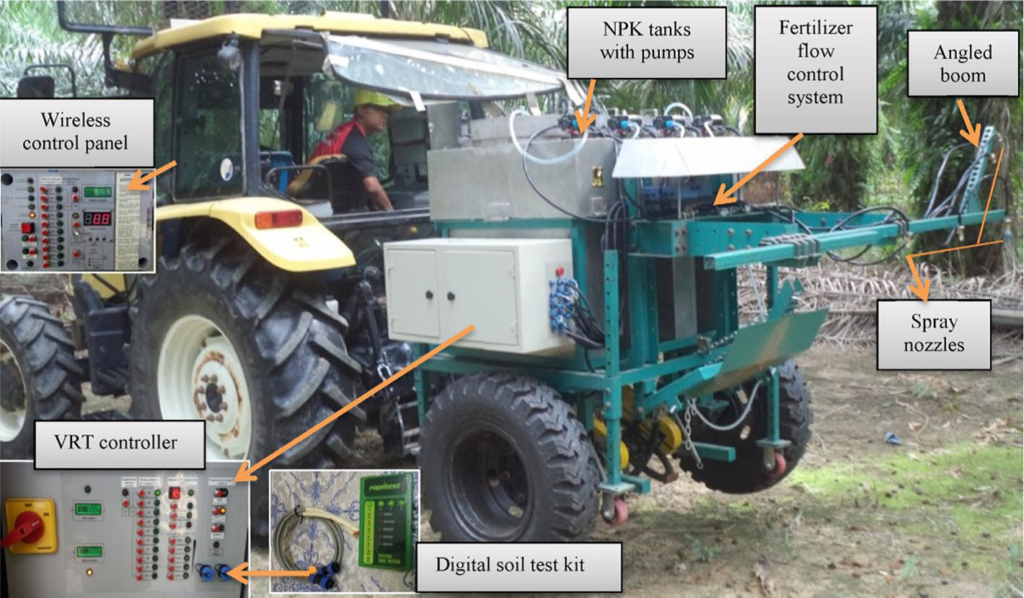
Very beneficial for the farmers.
It’s incredible to see how innovation is revolutionizing the way we cultivate our crops and care for our land.
It is the need of time to save input cost and enhance the crop yield.
It’s a great innovative technology.
Very advanced form and Give help
for farmers
That’s great innovation 👏